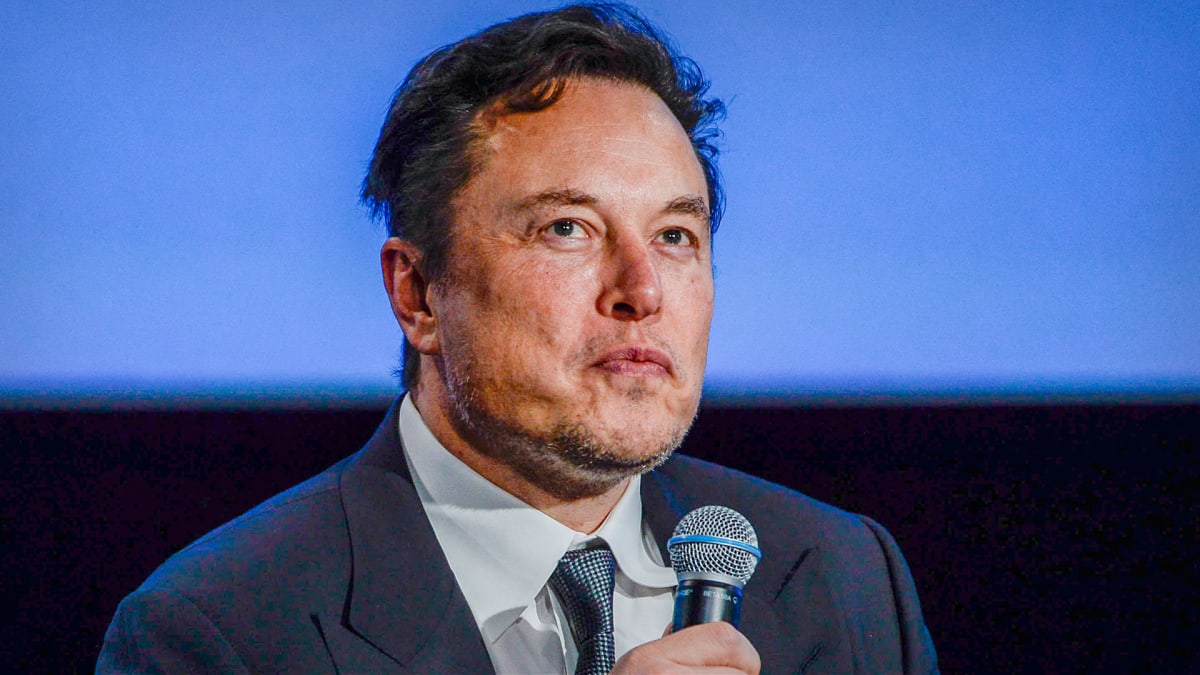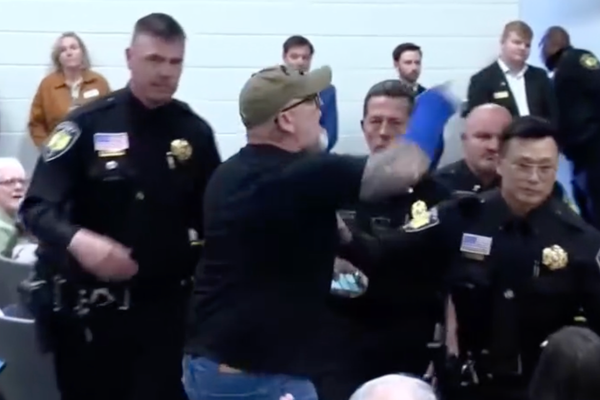
Elon Musk likes to control the narrative.
This is all the more true about the social network Twitter, of which he became the owner and boss on October 27.
On that day, the whimsical and visionary CEO of the electric vehicle manufacturer Tesla (TSLA), announced the beginning of a new era for the microblogging website, considered the Town Square of our time.
He fired CEO Parag Agrawal and three top executives, including those responsible for the content management policy on the platform. These managers were the ones who decided which tweets were acceptable and which were not.
It was clearly his way of indicating that the time for his version of free speech -- he describes himself as an "absolutist” on free speech -- had arrived. Since then, he has reinvented Blue, Twitter's subscription service, which now includes the famous account authentication check mark. He increased the price of Blue to $7.99 per month.
Many different incidents have occurred as a result of these initiatives, like when many impersonator accounts appeared on the platform, to prove to him that his justification that by charging for the checkmark would discourage spam bots or fake accounts was flawed.
Musk's Methods
He ended up suspending new signups to correct the situation while insisting that he was right. Musk has always sought to control the narrative by communicating his version of the facts each time.
Another example was his attack on Apple (AAPL), which he accused of planning to stop the distribution of the Twitter app on the App store. The tech tycoon posted a series of tweets declaring war on the iPhone maker, which he portrayed as the symbol of opposition to free speech at the time. He also expanded the controversy to include the 30% commission levied by Apple on the App store.
But once he obtained favorable guarantees from Apple, Musk no longer attacked the company. What Musk forgot to explain is that his laissez-faire approach to content is at odds with Apple, which puts safeguards on what is tolerated and not.
As with Apple, Musk employs an almost similar tactic, aimed at threatening advertisers who suspend or are considering suspending their ads on Twitter for brand safety issues. Many advertisers do not want their products to be associated with racist, anti-Semitic and hateful content.
Aware that he cannot force the hand of advertisers, the billionaire is counting on public opinion to win. He therefore does not hesitate to say that undecided advertisers are anti-free speech.
He also controls the narrative on the state of Twitter before he took over. He described the old management team or Twitter 1.0 as incompetent spendthrifts. In doing so, the message was clear: he inherited a mess.
The old team can't defend themselves because they signed Non-Disclosure Agreements (NDAs).
However, one of the few things Musk has no control over is the information that comes out of Twitter 2.0. In recent days, various unflattering pieces of information have been leaked to the press, to the chagrin of the billionaire. There is, for example, the story that many spaces in the social network headquarters have been converted into bedrooms where people can spend their nights because Musk demands a huge time commitment from his employees.
'Twitter Will Immediately Seek Damages'
These articles and photos posted on the internet by the BBC, showing makeshift bedrooms at Twitter's headquarters in central San Francisco, led local authorities to open an investigation.
Musk does not seem to have welcomed this bad publicity especially since it was not orchestrated by him. He just sent an email to employees in which he threatens to sue anyone who leaks sensitive information to the press, according to Platformer's Zoë Schiffer.
"Elon Musk is threatening to sue Twitter employees who leak confidential information to the press. He's asking staffers to sign a pledge indicating they've understood," Schiffer posted on Twitter on December 10.
She says she obtained a copy of the letter and is quoting from it.
"As evidenced by the many detailed leaks of confidential Twitter information, a few people at our company continue to act in a manner contrary to the company's interests and in violation of their NDA," Musk is said to have written.
He then threatened the employees: "This will be said only once: If you clearly and deliberately violate the NDA that you signed when you joined, you accept liability to the full extent of the law & Twitter will immediately seek damages."
The billionaire added that he would tolerate a few missteps "but breaking your word by sending detailed info to the media" with the intent to harm Twitter "will receive the response it deserves."
Twitter did not respond to a request for comment from TheStreet.
Importantly, Musk made drastic cuts upon his arrival at Twitter, which resulted in the elimination of half of the 7,500 jobs in one day. The billionaire later asked those who remained to choose between working long hours or quitting.
In total, some 5,000 employees have been laid off or left the company voluntarily since November.







